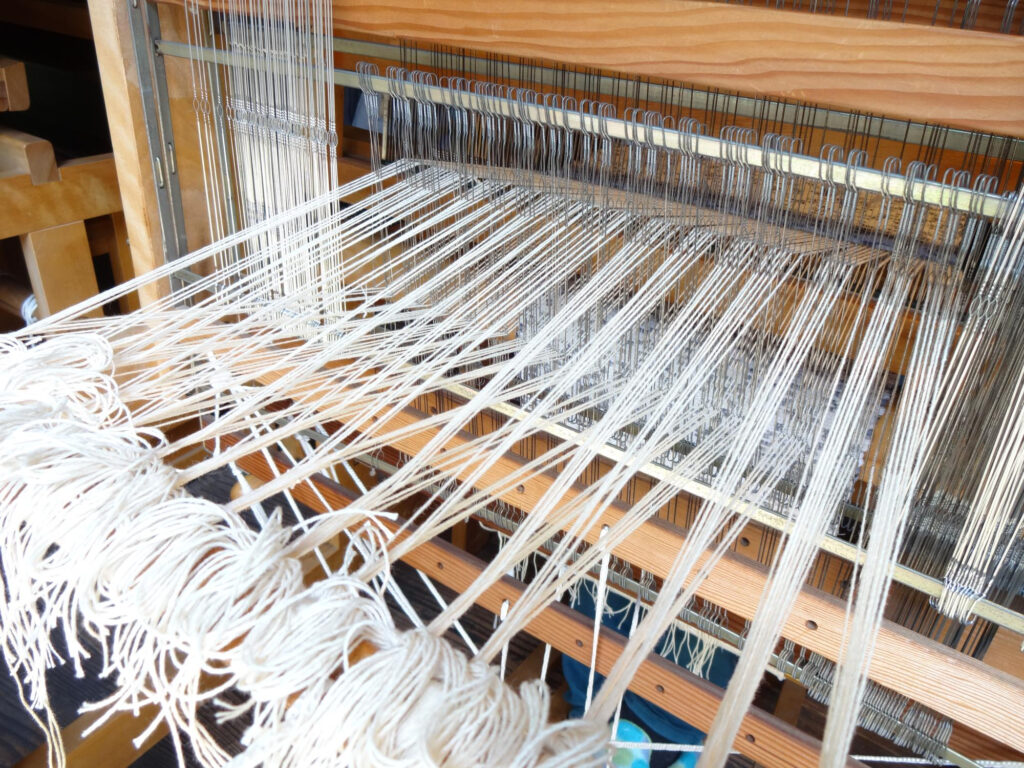Introduction
The fashion and textile industry is undergoing a major shift towards sustainability, and Tirupur is leading the way with innovative recycling initiatives. One of its most groundbreaking efforts is the conversion of PET bottles into high-quality polyester staple fiber. This initiative not only reduces plastic waste but also supports eco-friendly textile production, ensuring a cleaner and more sustainable future for the industry.
Recycling PET Bottles: A Step Towards Circular Fashion
A leading textile exporter in Tirupur is revolutionizing waste management and fabric production by recycling 5 million PET bottles daily. These bottles are transformed into 100 tons of recycled polyester staple fiber per day, significantly reducing plastic pollution. Unlike traditional polyester dyeing processes, this method produces semi-dull, optic white, and 50 dope-dyed colored fibers without using water for dyeing, making it a more sustainable alternative.
Environmental Impact of PET Bottle Recycling
By integrating PET bottle recycling into textile production, Tirupur has:
• Diverted millions of plastic bottles from landfills and oceans
• Reduced the need for virgin polyester, cutting down petroleum-based resource consumption
• Minimized water and chemical usage in fabric dyeing
• Contributed to a circular economy where waste is transformed into valuable resources
Sustainable Fashion and the Future of Tirupur
As global brands and consumers demand more sustainable products, Tirupur’s PET bottle recycling initiative sets a strong example for the textile industry. Moving forward, the region aims to expand its recycling capacity and encourage more manufacturers to adopt eco-friendly textile production.
Conclusion
Tirupur’s innovative recycling of PET bottles into textiles highlights the city’s commitment to sustainability and responsible manufacturing. By reducing plastic waste and embracing circular fashion, Tirupur continues to redefine eco-conscious textile production, setting a global benchmark for sustainable innovation in the industry.

